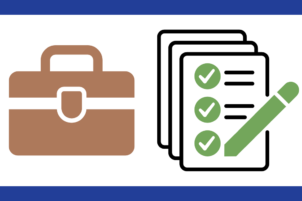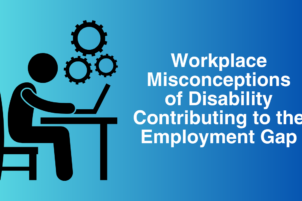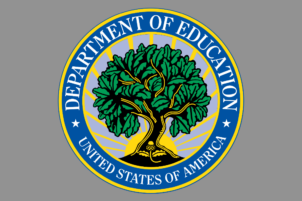In today’s job market, assembling a diverse and inclusive workforce is more crucial than ever. One effective way for employers to achieve this is by teaming up with Community Based Organizations (CBOs) that assist job seekers with disabilities. These partnerships not only improve hiring processes but also uplift local communities by creating better job opportunities for underrepresented groups, as people with disabilities often have trouble finding and keeping meaningful employment.
What is a Talent Partner?
A talent partner is an organization that works alongside employers to help identify, develop, and place job seekers in various roles. Talent partners can include nonprofits, educational institutions, and government agencies dedicated to making a difference through employment. By collaborating with these organizations, businesses can access a broader range of candidates, which ultimately leads to a more inclusive work environment.
The Role of Community Based Organizations (CBOs)
CBOs are nonprofits focused on enhancing the lives of local residents. They play a vital role in connecting job seekers with disabilities to potential employers. Here are a few types of CBOs that can be especially beneficial:
- State and County Partners: Organizations like the Department of Labor’s Vocational Rehabilitation and Workforce Centers provide vital services such as career counseling and job placement specifically for individuals with disabilities.
- National Organizations: Groups such as EasterSeals and Best Buddies offer programs designed to improve job opportunities for marginalized communities.
- Veteran Support Organizations: The VA and Wounded Warrior Project help veterans transition to civilian careers, offering specialized resources and assistance.
- Educational Institutions: Universities, community colleges, and high schools prepare students for the workforce by providing training programs aligned with industry needs and connecting graduates with potential employers.
Research and Development: Finding the Right Fit
In many cities, there can be 30 to 50 CBOs dedicated to assisting job seekers with disabilities. These organizations range from well-known national groups to local entities that deeply understand the needs of their communities.
To make the most of talent partnerships, employers should invest time in researching which organizations align with their hiring goals. While it might seem simpler to collaborate with just one CBO, engaging with multiple organizations can yield a richer variety of candidates and resources, especially when filling diverse roles across different departments.
Steps to Establish Effective Partnerships
- Conduct Thorough Research: Identify local CBOs that focus on individuals with disabilities. Assess their programs, resources, and success in helping job seekers.
- Create a Contact List: Compile a list of contacts at these organizations to streamline outreach and relationship-building.
- Host an Open House: Invite representatives from these organizations to your workplace for an open house. This event can facilitate understanding and allow potential partners to experience your company culture, laying the foundation for collaboration.
Bridging the Gap and Increasing the Pipeline
By establishing partnerships with CBOs, employers can effectively connect job seekers with disabilities to available job opportunities. These collaborations not only broaden the talent pool but also contribute to a more inclusive workplace culture.
Maintaining open communication with CBOs and gathering their feedback is essential for refining hiring practices. Regular discussions help employers understand the challenges faced by job seekers and ensure that the partnership meets its goals. By welcoming suggestions, businesses can continually enhance their recruitment strategies and create a more supportive environment for all employees.
Forming talent partnerships with CBOs is a strategic move for employers seeking to create a diverse and inclusive workforce. By collaborating with these organizations, companies can improve their hiring efforts while positively impacting their communities. As the job market evolves, investing in these partnerships will be crucial for developing a sustainable workforce that mirrors our society’s diversity. Embracing inclusive practices not only strengthens businesses but also enriches the communities they serve, paving the way for a brighter future for everyone.






